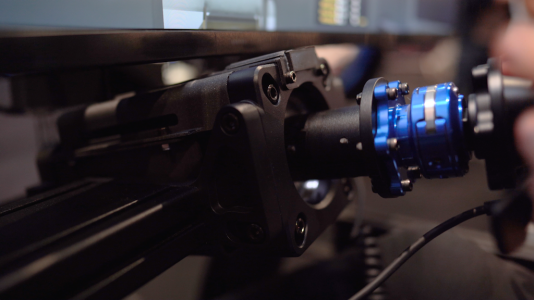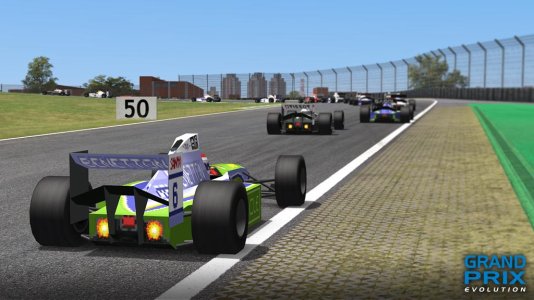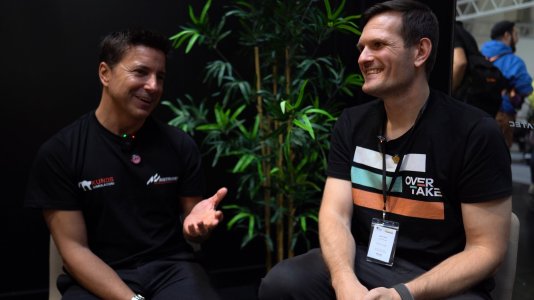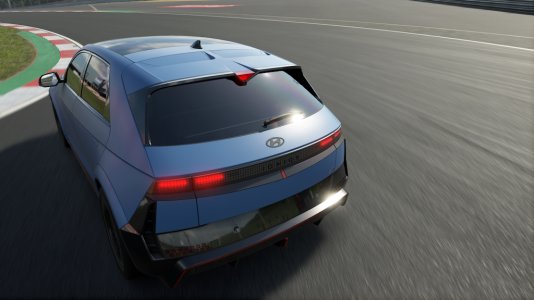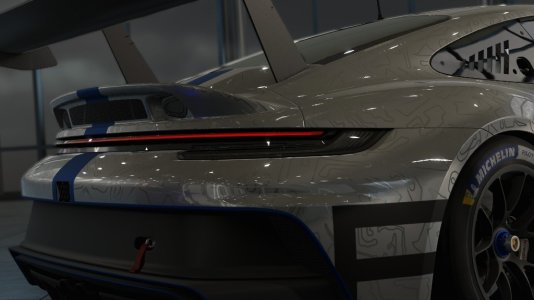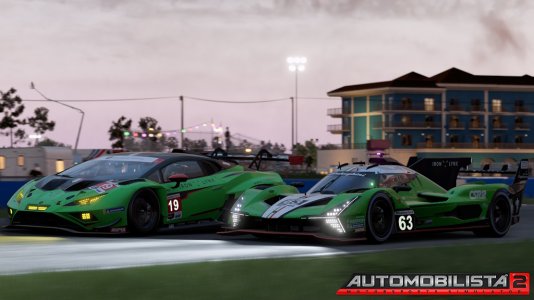Paul Jeffrey
Premium
Nico Hulkenberg suffered a terrifying accident on the opening lap of the Abu Dhabi Grand Prix, but did the Halo prove more of a hindrance than help when trying to extract him from the car?
"Get me out, I'm hanging like a cow" was a rather confusing statement from Nico Hulkenberg immediately after his accident with Romain Grosjean on the opening lap of the Abu Dhabi Grand Prix, the German Renault driver collecting the Haas Ferrari of Romain Grosjean and rolling to the outside of the circuit before eventually finishing upside down in his car as the field streaked by the stricken Renault machine.
With the Halo, a device no doubt having proven its worth in other accidents, Hulkenberg would find it impossible to extract himself from the upturned Renault without the aid of the marshals pulling the car back onto its wheels, begging the question of how much of a hindrance the halo device actually proved to be in this incident, and leaving many wondering if in fact it would be more dangerous to have a halo installed in this type of scenario.
Despite what looked to be a worrying situation, Race Director Charlie Whiting believes the Halo didn't provide any obstruction to Hulkenberg:
"Quite clearly that's one of the sort of accidents the halo was designed to help with," Whiting said when asked by about the situation by Motorsport.com.
"It provides more space for the driver once the car is upside down. That was one of the things we wanted to make sure was still possible
"When you have an accident like that the radio from the car is automatically routed to race control so we get immediate information.
"Drivers normally say 'I'm OK' or 'I'm fine,' and we relay that to the doctors on their way to the scene. Then they can take their time to get the car righted and let him get out."
"It provides more space for the driver once the car is upside down. That was one of the things we wanted to make sure was still possible
"When you have an accident like that the radio from the car is automatically routed to race control so we get immediate information.
"Drivers normally say 'I'm OK' or 'I'm fine,' and we relay that to the doctors on their way to the scene. Then they can take their time to get the car righted and let him get out."
What do you think?
Last edited:



